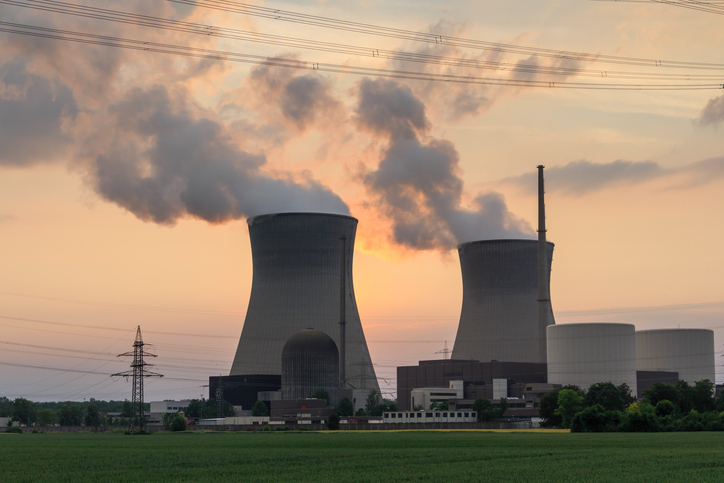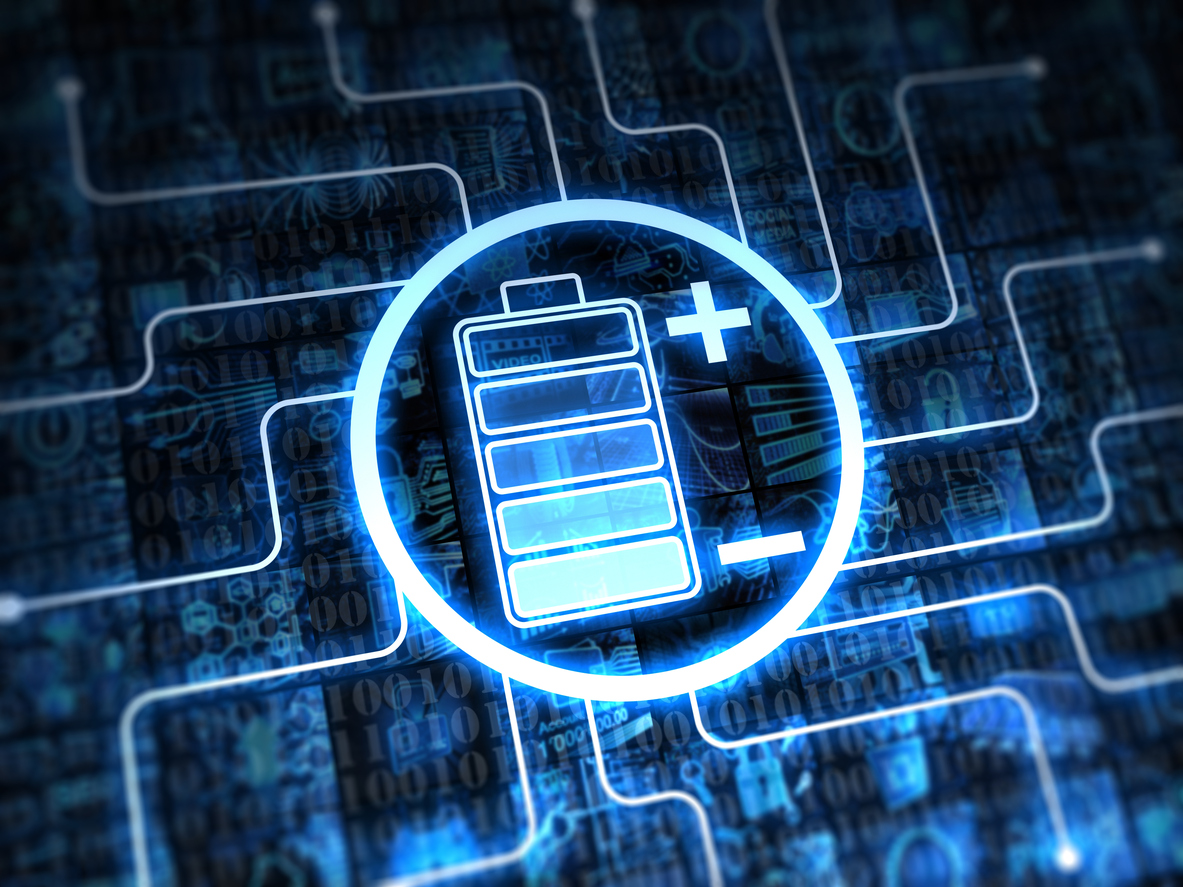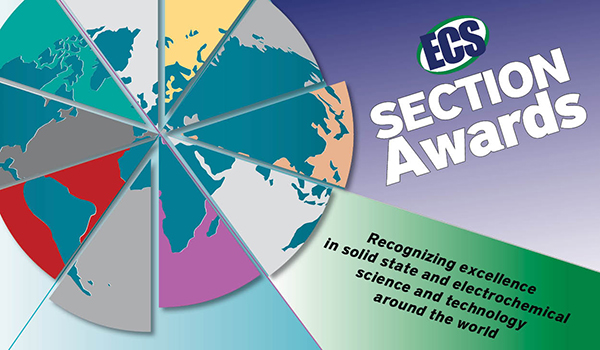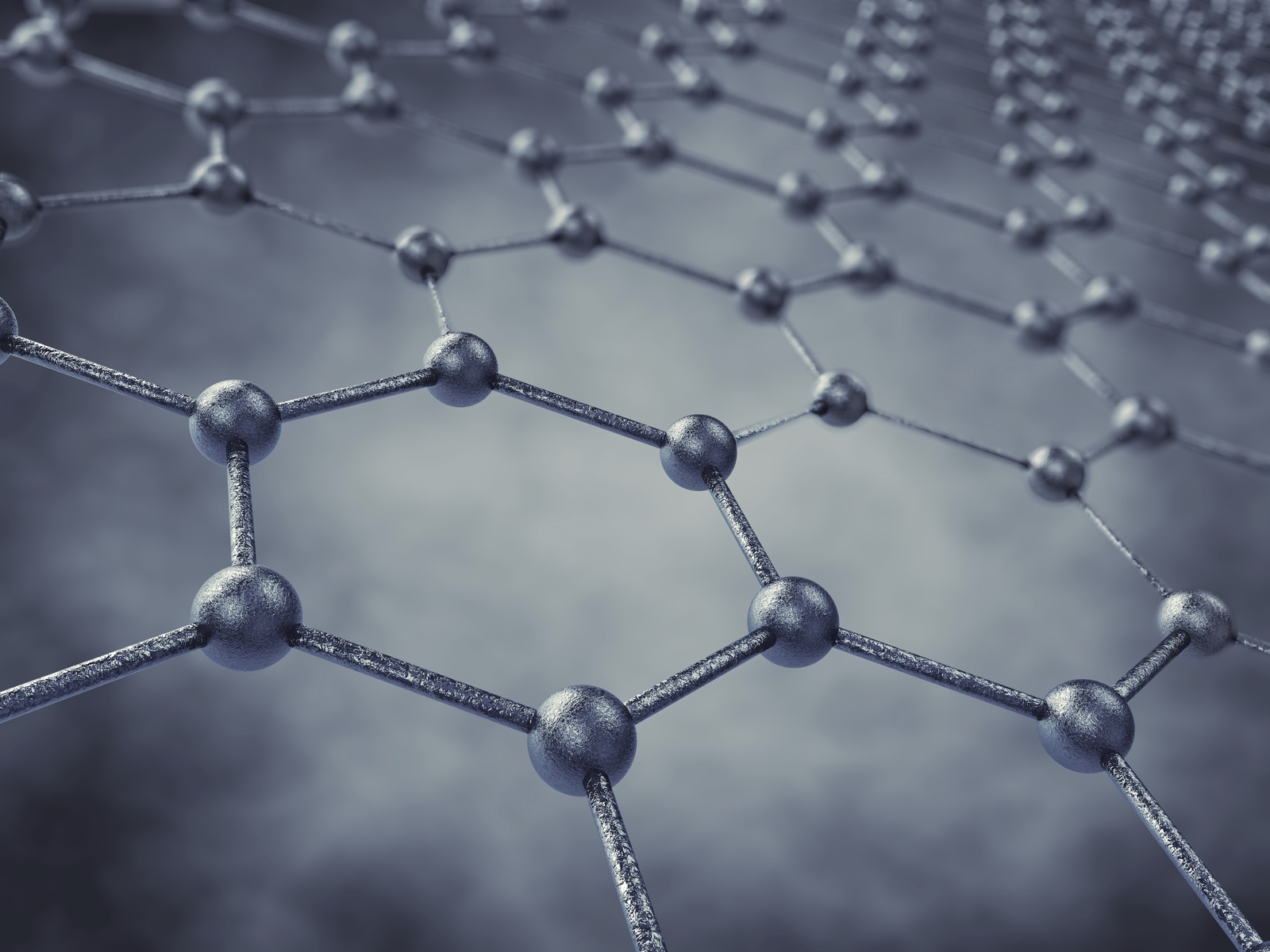By: Jeremy Straub, North Dakota State University
 In the wake of car- and truck-based attacks around the world, most recently in New York City, cities are scrambling to protect busy pedestrian areas and popular events. It’s extremely difficult to prevent vehicles from being used as weapons, but technology can help.
In the wake of car- and truck-based attacks around the world, most recently in New York City, cities are scrambling to protect busy pedestrian areas and popular events. It’s extremely difficult to prevent vehicles from being used as weapons, but technology can help.
Right now, cities are trying to determine where and how to place statues, spike strip nets and other barriers to protect crowds. Police departments are trying to gather better advance intelligence about potential threats, and training officers to respond – while regular people are seeking advice for surviving vehicle attacks.
These solutions aren’t enough: It’s impractical to put up physical barriers everywhere, and all but impossible to prevent would-be attackers from getting a vehicle. As a researcher of technologies for self-driving vehicles, I see that potential solutions already exist, and are built into many vehicles on the road today. There are, however, ethical questions to weigh about who should control the vehicle – the driver behind the wheel or the computer system that perceives potential danger in the human’s actions.


 Scientists have developed an extremely efficient “molecular trap” that can be recycled and reused to capture radioactive iodides in spent nuclear reactor fuel.
Scientists have developed an extremely efficient “molecular trap” that can be recycled and reused to capture radioactive iodides in spent nuclear reactor fuel. Capitalizing on tiny defects can improve electrodes for lithium-ion batteries, new research suggests.
Capitalizing on tiny defects can improve electrodes for lithium-ion batteries, new research suggests. A method to overcome the inherent trade-off between strength and flexibility in certain types of polymers gets inspiration from the tough, flexible polymeric byssal threads that marine mussels use to secure themselves to surfaces in the rugged intertidal zone.
A method to overcome the inherent trade-off between strength and flexibility in certain types of polymers gets inspiration from the tough, flexible polymeric byssal threads that marine mussels use to secure themselves to surfaces in the rugged intertidal zone. Urban air pollution in the U.S. has been
Urban air pollution in the U.S. has been  Deadline: December 31, 2017
Deadline: December 31, 2017 Scientists have learned how to tame the unruly electrons in graphene.
Scientists have learned how to tame the unruly electrons in graphene. Extended Deadline for Nominations: November 15, 2017
Extended Deadline for Nominations: November 15, 2017